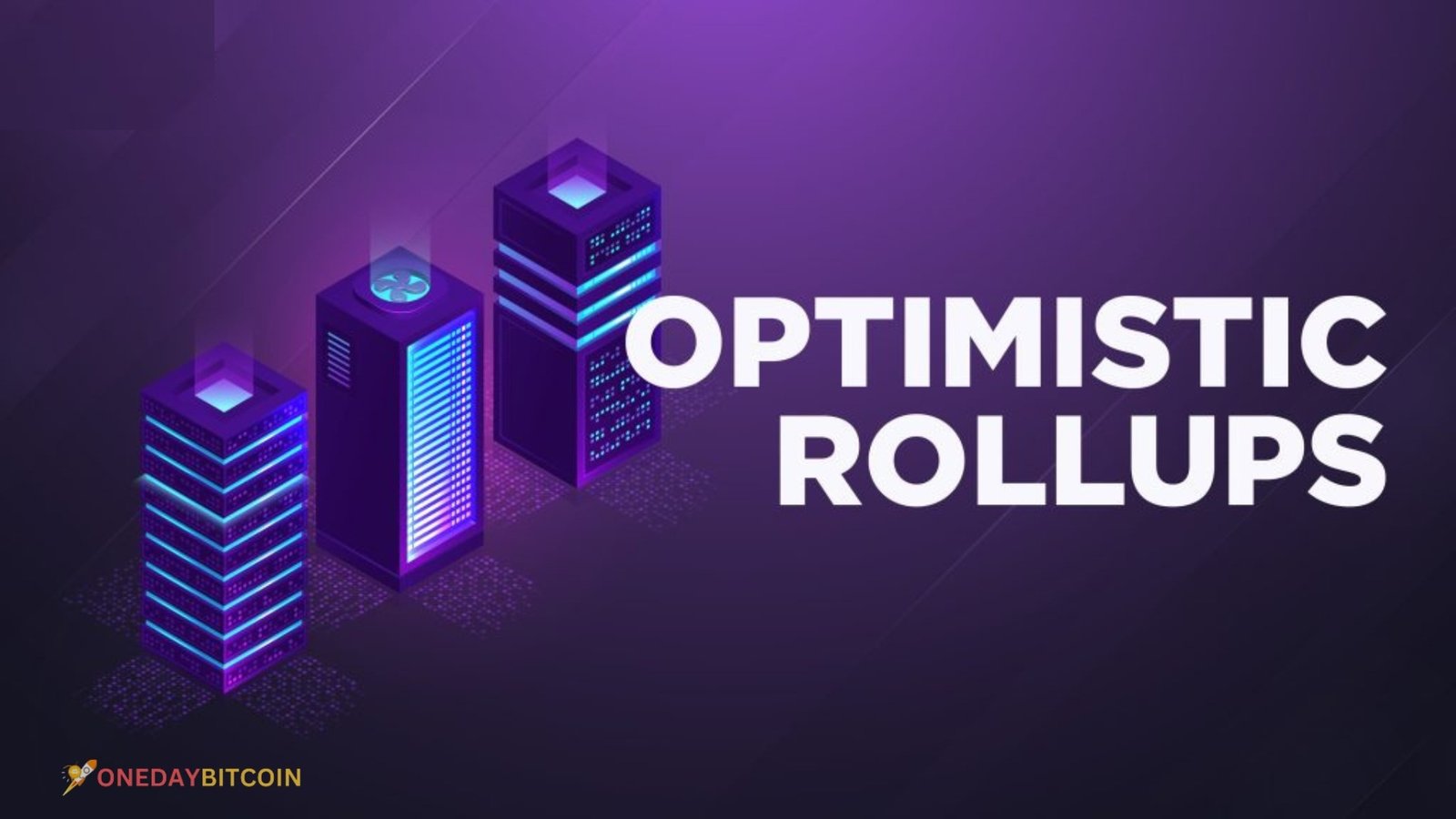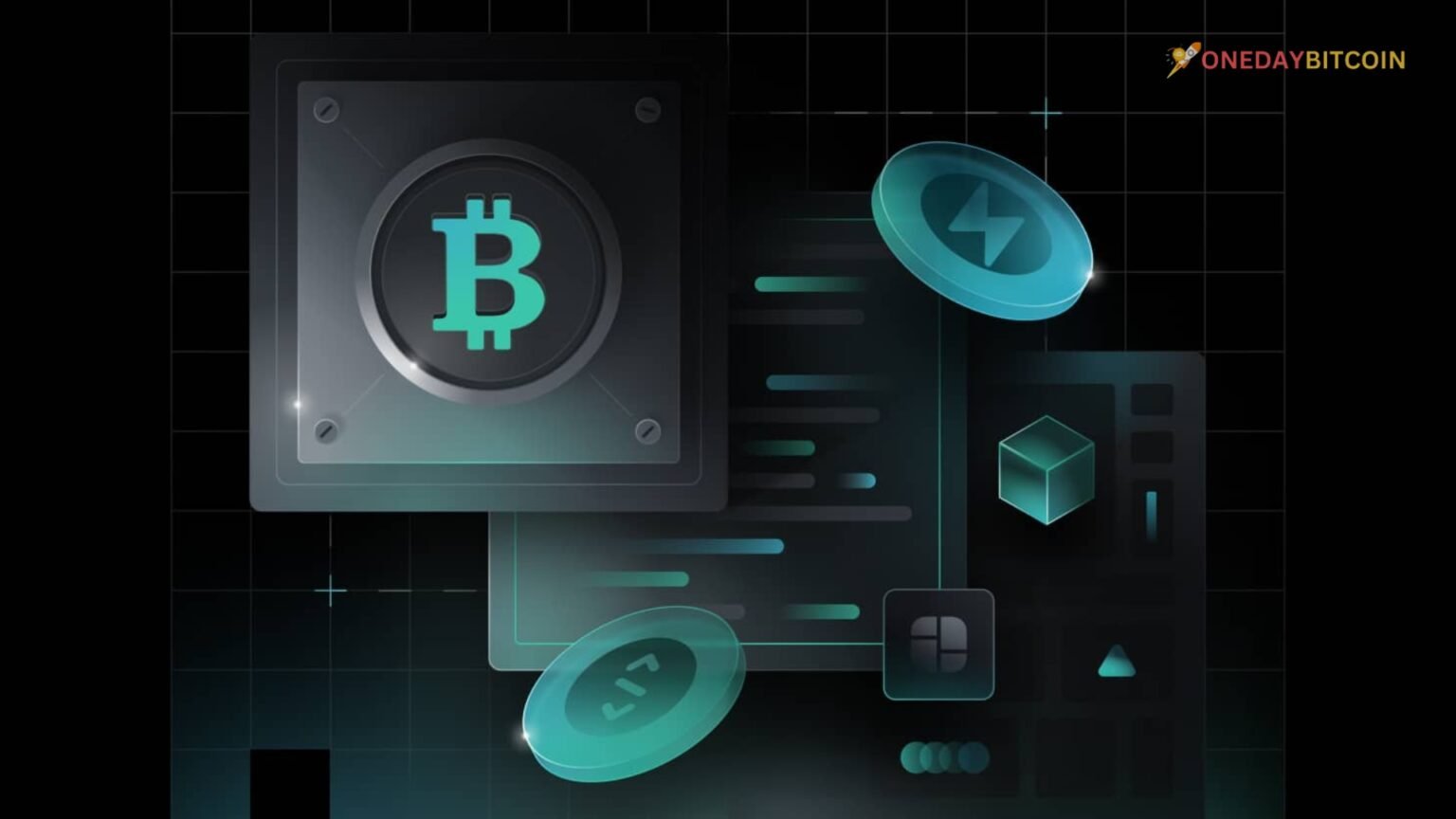Bitcoin Rollups One of the biggest obstacles in the dynamic field of blockchain technology is making it scalable. Despite Bitcoin’s stellar reputation for privacy and decentralization, its slow transaction throughput causes congestion and exorbitant fees when demand is great. To tackle these issues, Bitcoin introduced Bitcoin Rollups, a new way to increase scalability without changing the fundamental nature of the Bitcoin network.
What Are Bitcoin Rollups?
Bitcoin Rollups are a layer 2 (L2) scaling solution designed to increase transaction throughput on the Bitcoin network by processing transactions off-chain and batching them into a single transaction recorded on the Bitcoin blockchain. This approach significantly reduces the amount of data that needs to be processed on-chain, thereby increasing the network’s efficiency and scalability.
There are two main types of rollups: optimistic rollups and zero-knowledge (ZK) rollups. Both have unique advantages and trade-offs, but they aim to improve scalability.
Optimistic Rollups
These rollups assume that off-chain transactions are valid by default. However, they include a mechanism for fraud proofs, where a small window of time is provided for anyone to challenge the rollup’s validity. If a challenge is successful, the invalid transaction is rolled back, and the dishonest actor is penalized. Optimistic rollups are efficient regarding computational resources but require longer finality due to the challenge period.
Zero-Knowledge (ZK) Rollups
These rollups use cryptographic proofs to ensure the validity of transactions before they are added to the rollup. This method is more complex and computationally intensive but offers faster finality because it doesn’t require a challenging period. Zero-knowledge proofs ensure that transactions are valid without revealing additional information, preserving privacy.
The Need for Bitcoin Rollups
As the pioneer of blockchain technology, Bitcoin has remained the most secure and decentralized network. However, its limited block size and 10-minute block interval have long been a bottleneck for scaling. Bitcoin’s average transaction throughput is around seven transactions per second (TPS), which pales compared to centralized payment systems like Visa, which are capable of handling thousands of TPS. As Bitcoin adoption grows, the network’s capacity to handle increased transaction volume becomes more critical.
During peak usage periods, such as the 2017 bull run or the recent NFT craze, Bitcoin users have experienced slow transaction times and exorbitant fees. This has led to a demand for solutions to enhance Bitcoin’s scalability while maintaining its security and decentralization. Rollups offer a promising way to achieve this by allowing more transactions to be processed off-chain, reducing the load on the Bitcoin blockchain.
How Bitcoin Rollups Work
Bitcoin rollups move most of the transaction data and computation off-chain while keeping the final transaction state on-chain. Here’s a simplified explanation of the process:
- Batching Transactions: Multiple transactions are processed and bundled together off-chain. This could involve transferring Bitcoin between multiple parties, executing smart contracts, or other complex operations.
- Compressing Data: The rollup compresses the data from these transactions into a single, smaller data set, significantly smaller than the combined size of the individual transactions.
- Submitting Proofs: The compressed data and cryptographic proof (in the case of ZK rollups) or a claim of validity (optimistic rollups) are submitted to the Bitcoin blockchain. The on-chain transaction includes only the essential data, significantly reducing the space used.
- Finalization: Once the rollup is finalized on-chain, all the off-chain transactions are considered final and cannot be reversed. For optimistic rollups, this finalization challenges users to dispute the rollup’s validity.
By moving the bulk of the data and computation off-chain, Bitcoin rollups can dramatically increase the network’s capacity. In theory, rollups could enable Bitcoin to process thousands of transactions per second, bringing it closer to the scalability of traditional payment systems.
Advantages of Bitcoin Rollups
- Scalability: Rollups’ primary advantage is their ability to increase the number of transactions the network can process significantly. This scalability is crucial for Bitcoin’s support of a global user base.
- Lower Fees: Rollups can lower transaction fees by reducing the amount of data needed in each on-chain transaction. This makes Bitcoin more accessible to users who may be priced out during periods of high demand.
- Maintaining Decentralization: Rollups do not compromise the decentralization of the Bitcoin network. The main Bitcoin blockchain remains the ultimate arbiter of transaction validity, ensuring the network remains secure and resistant to censorship.
- Enhanced Privacy: ZK rollups improve privacy by verifying transactions without revealing sensitive information. This is an attractive feature for users who value privacy and security.
- Compatibility with Existing Infrastructure: Bitcoin rollups can be integrated with existing Bitcoin wallets, exchanges, and other infrastructure with minimal changes. This ensures a smoother transition for users and developers.
Challenges and Considerations
While Bitcoin rollups offer numerous advantages, they are not without challenges:
- Complexity: The technology behind rollups, especially ZK rollups, requires significant development and testing. Implementing rollups on Bitcoin will require careful consideration to avoid introducing vulnerabilities.
- User Adoption: For rollups to be effective, users and developers need to adopt the technology. This requires education and incentive alignment, which can take time.
- Regulatory Concerns: As with any blockchain technology, rollups could face regulatory scrutiny. Privacy features, in particular, could attract attention from regulators concerned about illicit activities.
- Coordination: Rollups require coordination between different entities in the Bitcoin ecosystem, including miners, developers, and users. Ensuring smooth operation and compatibility across the ecosystem is crucial.
The Future of Bitcoin Rollups
The development of Bitcoin rollups is still in its early stages, but the potential is enormous. As scalability continues to be a critical issue for blockchain networks, rollups could become a key component of Bitcoin’s future. Integrating rollups with Bitcoin’s existing infrastructure could pave the way for broader adoption and use cases, from everyday transactions to more complex financial applications.
Conclusion
Finally, Bitcoin rollups significantly improved over previous attempts to solve the Bitcoin network’s scalability issues. Rollups can make Bitcoin more efficient, lower fees, and keep the network’s decentralization and security features intact, which could change how people use and view Bitcoin.


